Behind the Robes…
The production of a piece of robe is a series of fine, delicate and high-skilled procedures. In order to ensure the robes look flattering on the monk or nun, all robes are tailor-made.
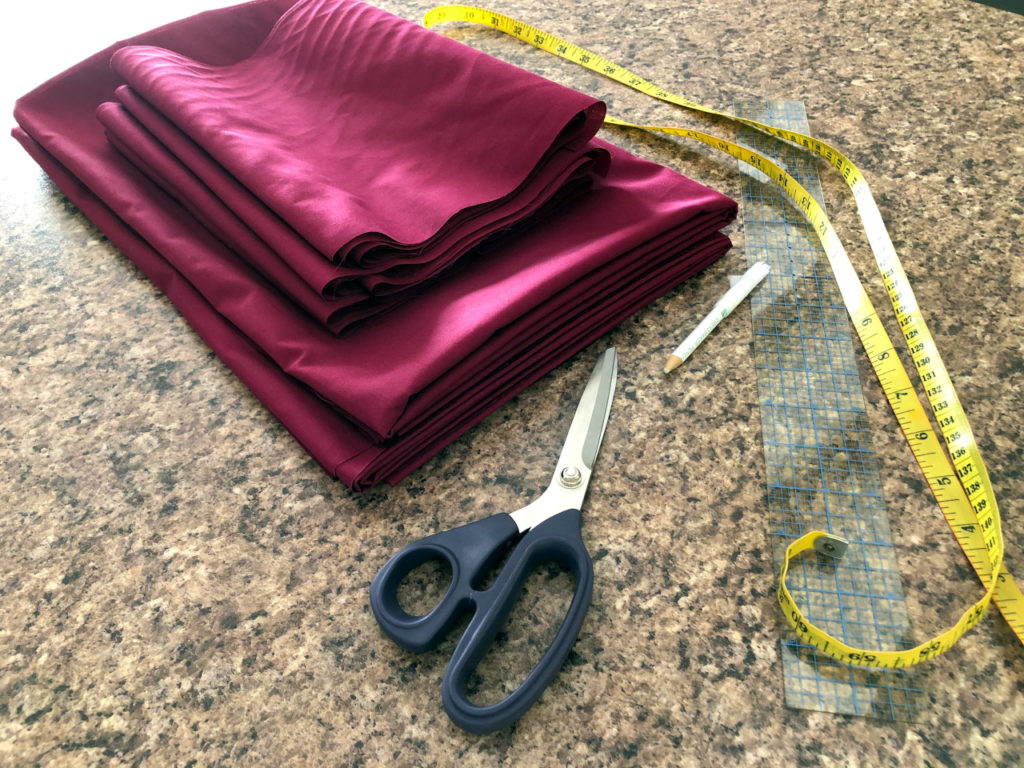
Pattern Making
Pattern making is the first critical step for actualizing the imagination of a tailor-made garment into reality. How to translate an idea of size and shape, and put it onto a piece of paper probably is the most difficult and time consuming part of the whole process. Sometimes a new pattern has to be created to cater for a specific body type, or to duplicate an existing garment.
Fabric Cutting
Once the pattern and cutting layout have been formed, the next step is to cut the fabrics into various sizes and shapes accurately.
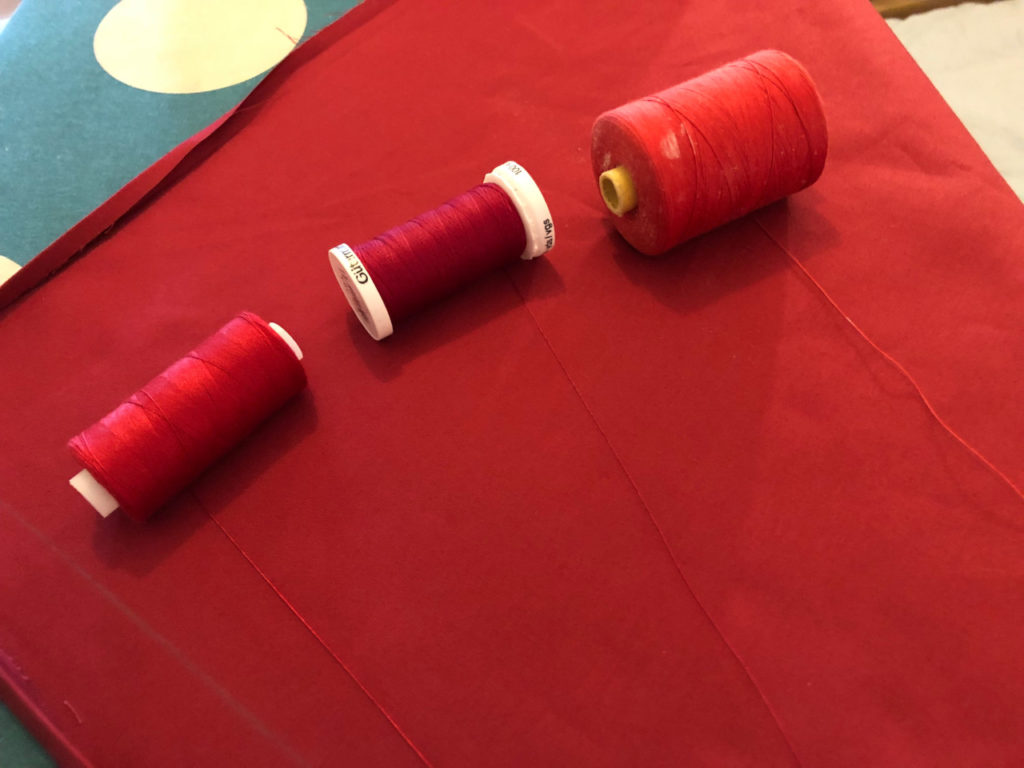
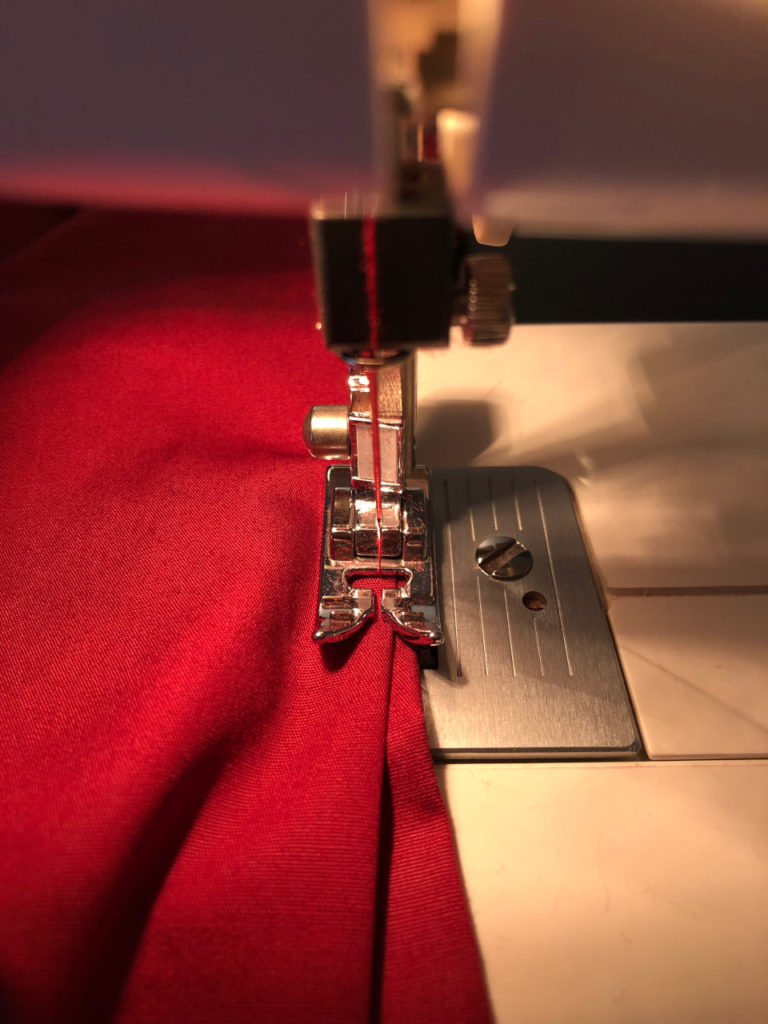
Ironing, Pinning and Stitching
For a better stitching result, the cut-out fabric must be well prepared by ironing flat and pinned. Often a crease is marked by pressing down before stitching. Even after stitching the seams are pressed down again to set in place. So the process of Pressing- Pinning- Stitching- Pressing is repeated again and again until all pieces of cut-out fabric are sewn together.
Checking and Unpicking
Of course, mistakes and accidents are inevitable during sewing! Incorrect seams need to be carefully unpicked in order not to damage the surface of the fabric and are then resewn again. It is also important to check the robes are made symmetrically on both sides from time to time. I addition, all sorts of other problems could happen – jamming of threads, tension problem, sewing machine light bulb suddenly gone off – literally anything you could ever think of! Various problem solving skills have to come into place- Patience and Consistency are the keys.
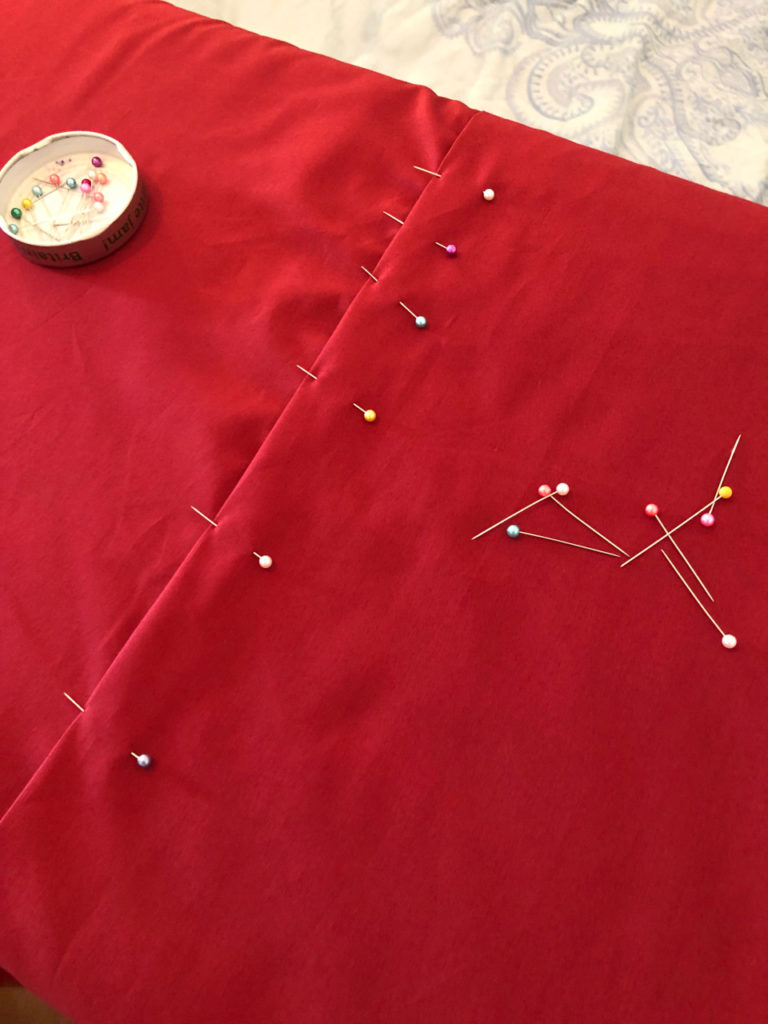
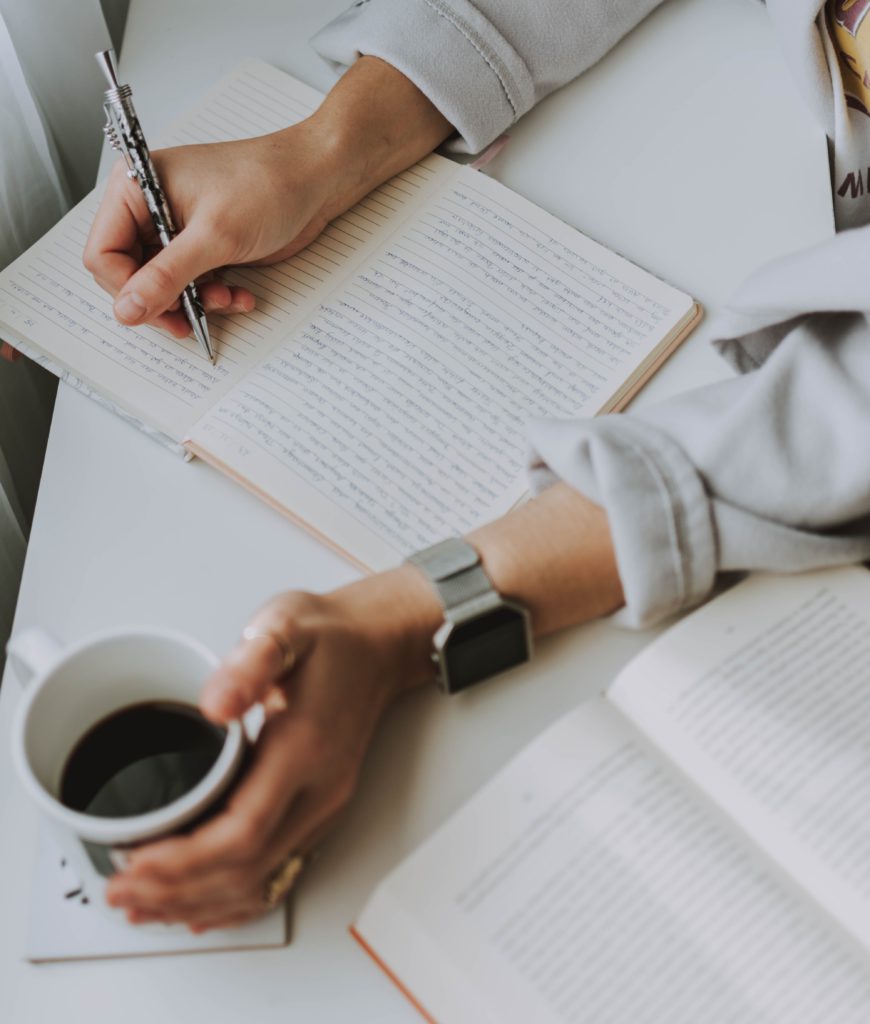
Final Pressing and Packaging
Nothing makes me any happier than at this stage when I finish the garment. The last thing to do is just a final check, ironing and wrapping up. The robes are then sent out with my best wishes!
How long does it take to make a piece of robe?
Garment
Since the robes I make are intended to be durable and of good quality, a lot of attention to details and care have been put into making them. Robes are virtous objects and the time to produce them is immeasurable. But to give you a general idea, an approximate number of hours for each piece is listed here.
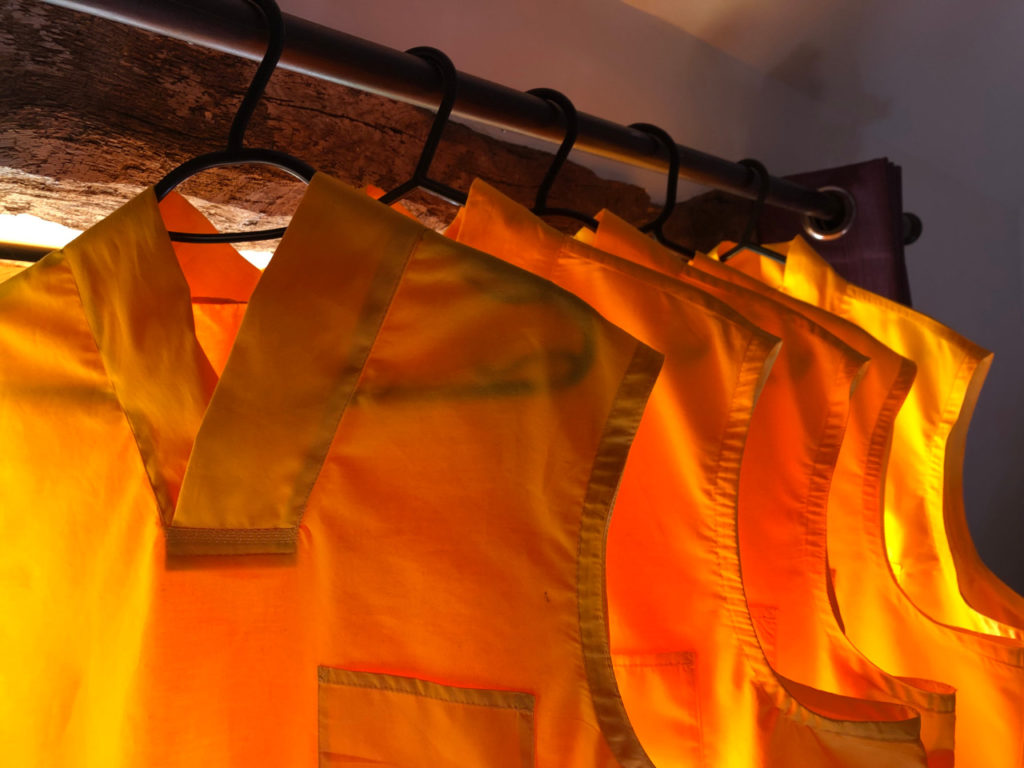
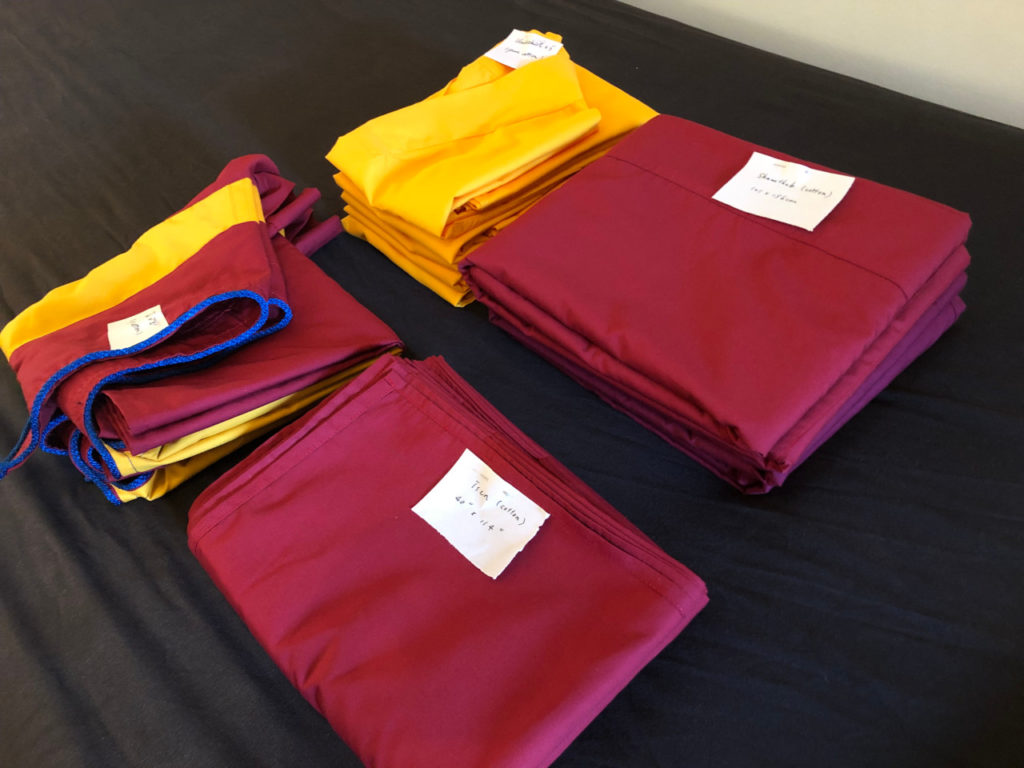
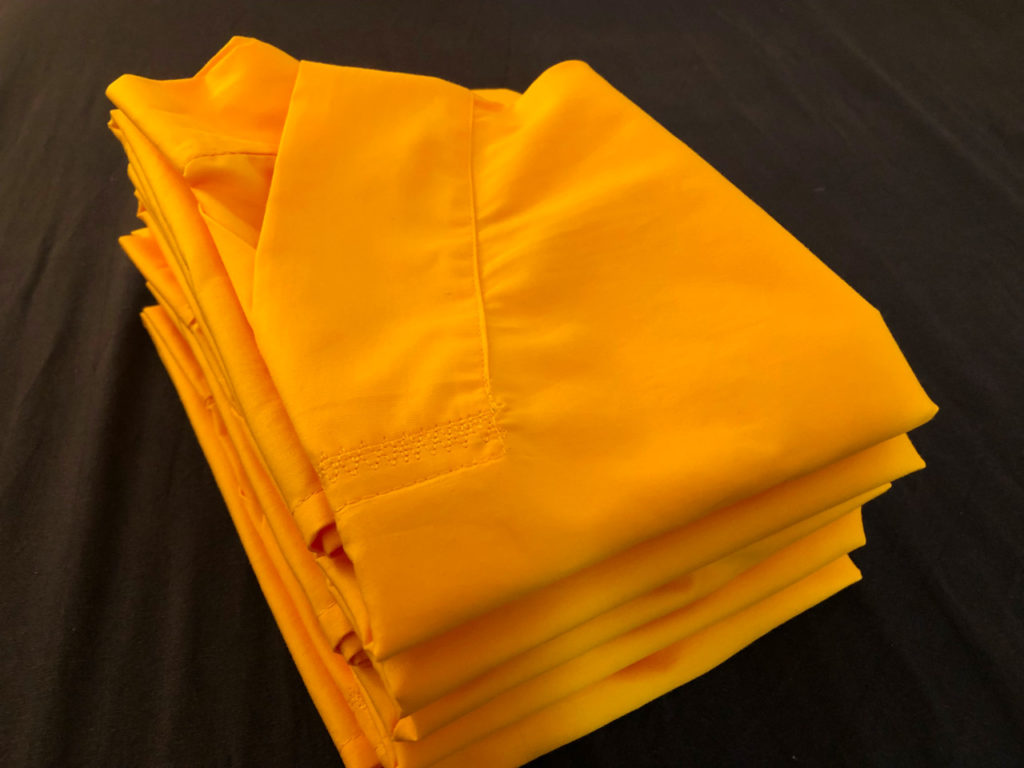
Chögu
20 Hours
Tsen
3 Hours
Donka
13 hours
Shamtab
5 hours
Undershirt
5 hours
Underskirt
2 hours
Underdress
5 hours
Dingwa
5 hours